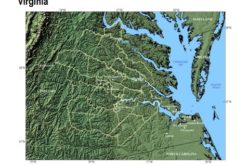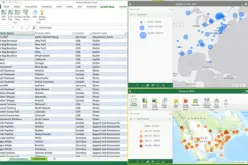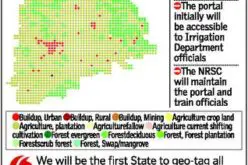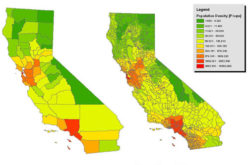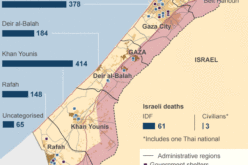Contributed By:

Note: Here, URLs mean link of documents, examples, scripts, downloadable geospatial data, geospatial services, tools, templates, web applications and mobile apps etc. which are in PUBLIC domain (i.e. available online).
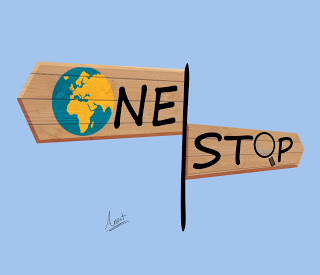 Geospatial world is transforming from ‘Data to Services’ by adopting a way of building & consuming services thru generic / specific configured and/or customized apps, may it be through any (web, mobile and desktop) platform.
Geospatial world is transforming from ‘Data to Services’ by adopting a way of building & consuming services thru generic / specific configured and/or customized apps, may it be through any (web, mobile and desktop) platform.
The end user is always in search of required URLs for checking availability of and usability for finding a solution (or alike) of their problem which belongs to a location. The biggest concern here is to find the right URLs availability publicly on the right time. The most popular search engines provide result-sets out of ‘everything’ (GIS & non-GIS) matches to the entered key-word/s.
If user visits a particular portal /site that lists many URLs e.g. let’s take an example of a portal of proprietary products, it provides URLs but all are related to the products of that particular proprietary. In this way, user needs to visit each and every portal (or just to be dependent on popular search engines) for finding and using the correct URLs of their area of interest.
To resolve this matter, now it is required that there should be “One Stop Geospatial Search Engine” that will search across the REGISTERED URLs which are already in PUBLIC domain from their respective organizations. The Geospatial community is matured enough to understand the concept of AUTHOR-PUBLISH-DISCOVER, so the suggested engine would follow the same concept.
The below mentioned steps can be followed to achieve the same.
- To develop a search engine that would provide an interface for registering and searching URLs in PUBLIC domain
- The authorized organization/user would be able to REGISTER URLs by providing following informationTitle
- Description
- Thumbnail image
- Keywords
- Technology (built using)
- Language used (English / English and Arabic etc.)
- URL (MUST be in PUBLIC domain)
- Area covered by (i.e. location / area for which above URL is applicable) – This can also be marked over map
- Shared by (Org. / User name)
- Contact Info (Email / Fax / Cell phone / Desk number etc.)
- While SEARCHING, there would be various options
- Search by entering keywords
- Search by locating/marking on the map
- Search by “My location”
- Or by using a combination of above options
- As a DISCOVERY, it would provide following result-set
- The result-set would be containing “Title”, “Description”, “URL” and all the information as provided by the registering org/person
- User would be able to mark any record as a “Favorite” (for local device)
- User would be able to “Share” a record or the whole result-set
- And ADMIN portal for managing
- Authorization of organizations / users (to approve / reject)
- Registration of URLs of GIS Apps, Docs etc. (to approve / reject)
- And displaying Reporting (all type) & Dashboard etc.
Each geospatial organization (Government, Semi-government, Private, Academia & Institutions etc.) should consider it as moral responsibility and start registering URLs which are already in public domain from their end.
Would request ‘World Geospatial Industry Council’ (WGIC) to make it happen for the end-users in need. As WGIC is the only organization which connects each and every Geospatial organization, products companies and Geospatial data creator /app developers to the consumers.
This concept can be started with a few major players (from private and Governments organizations) and it would be adopted by all in time.



